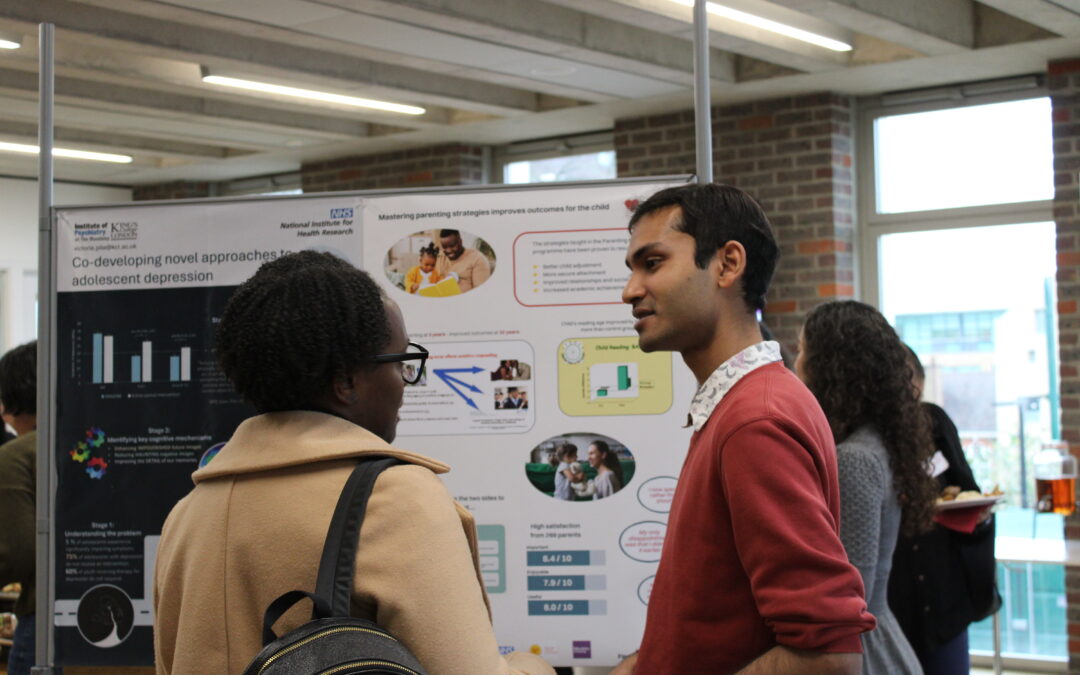
Launching the School Mental Health Innovation Network
Launching the School Mental Health Innovation Network
Since the pandemic, there’s been a substantial increase in children and young people’s mental health and wellbeing needs (NHS Digital, 2022). Children and young people (CYP) can struggle to find support due to health inequalities and barriers to accessing clinical care. As a result, schools are increasingly relied upon to support students and their families with mental health difficulties, often without adequate resources, training, or support.
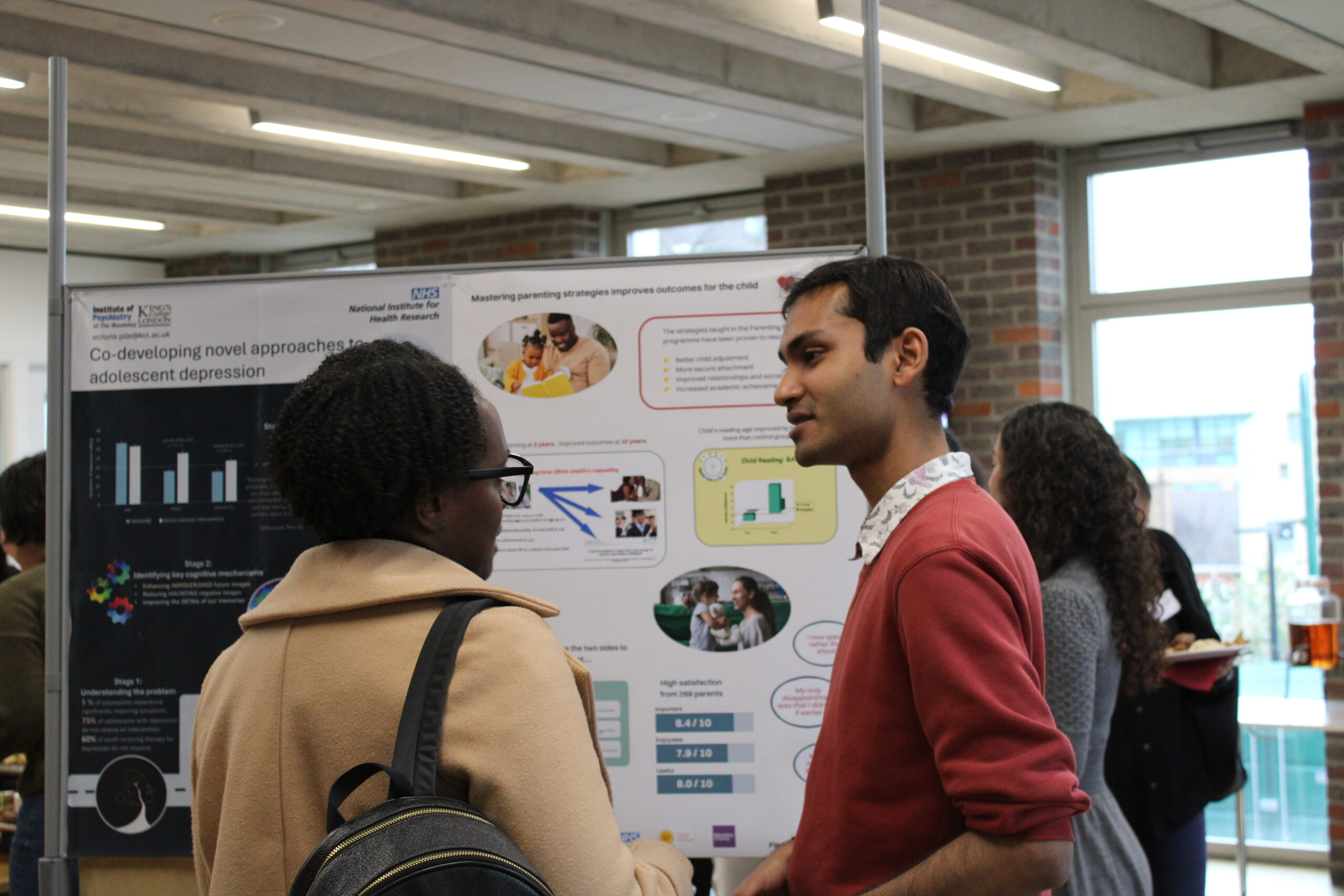
While research on CYP’s mental health and wellbeing is growing, the interventions available often fail to address the specific needs of schools. Many are too costly to implement, do not align with school priorities, or lack a strong evidence base. This leaves a gap between available research and the practical needs of school communities.
To bridge this gap, the School Mental Health Innovation Network (SMHIN) is being established by the Maudsley Education Consultation Service in collaboration with King’s Maudsley Partnership for Children and Young People, and the ESRC Centre for Society and Mental Health. This initiative aims to equip schools with tailored, evidence-based interventions and resources that address the specific mental health and wellbeing concerns in their school communities, in a way that is relevant and accessible.
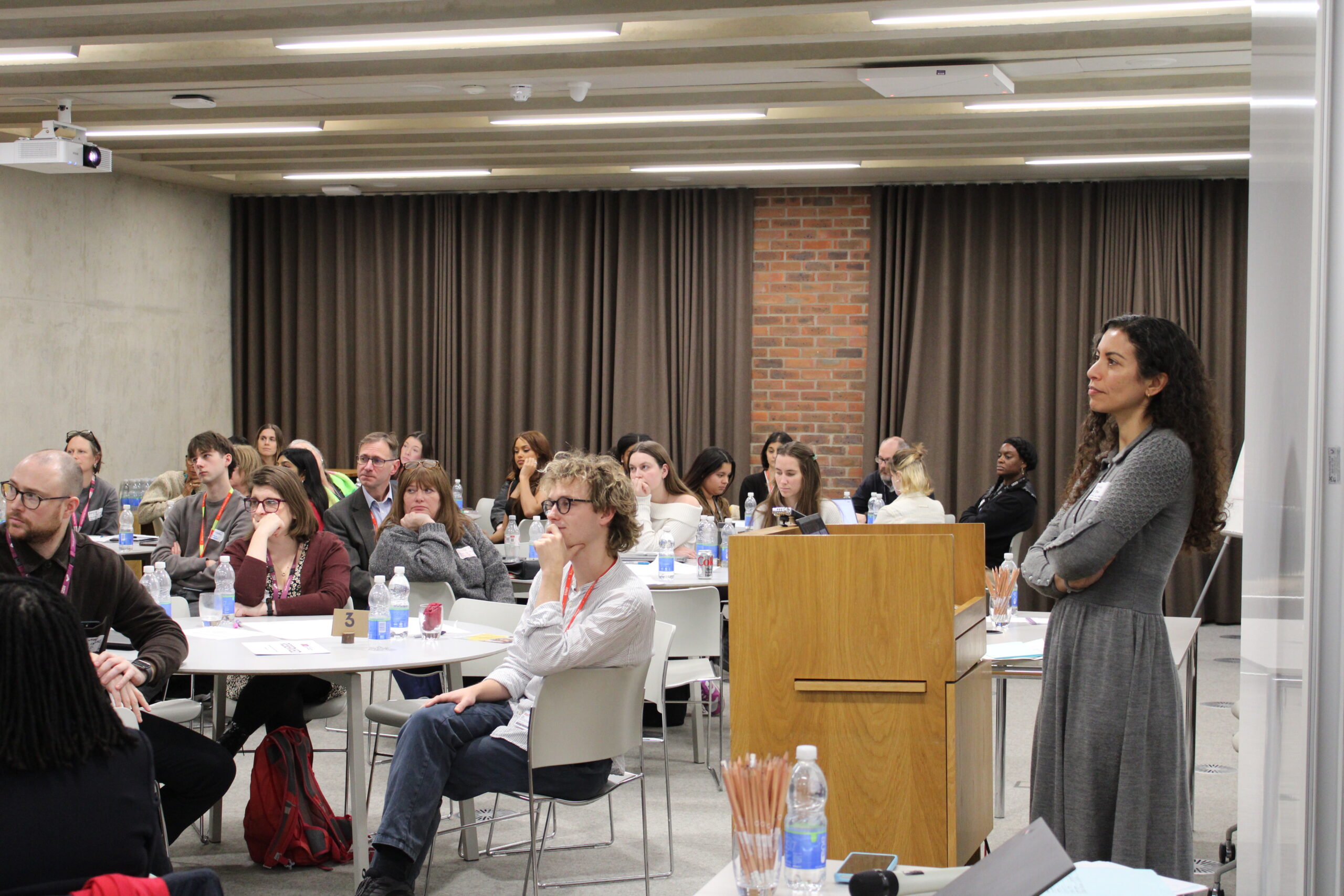
Launching the SMHIN with an interactive workshop
On 11 December 2024, the School Mental Health Innovation Network (SMHIN) launched its first workshop. This event, sponsored by the Maudsley Charity, brought together researchers, clinicians, policymakers, school leaders and young people to discuss ways to improve the mental health and wellbeing (MH&WB) support for young people in South London schools.
The workshop featured presentations from clinicians and researchers about current MH&WB initiatives, as well as from school leads and young people about their concerns and priorities. The day also included poster presentations, panels with key speakers, and roundtable discussions providing participants with an opportunity to delve deeper into key topics, share perspectives, and collaborate on potential solutions. Some of the key themes that emerged from discussions included:
- The importance of collaboration: emphasising the need for a multidisciplinary approach to mental health in schools, bridging the knowledge and experiences of clinicians, researchers and school communities.
- Tailored interventions for school communities: highlighting how schools differ in their needs and capacities, and exploring ways to adapt resources to reflect the diverse cultural, socioeconomic, and regional realities of school communities.
- The impact of social media on young people’s mental health: exploring benefits and challenges, highlighting the need for clearer guidance on how schools and families can navigate these platforms to support students’ wellbeing.
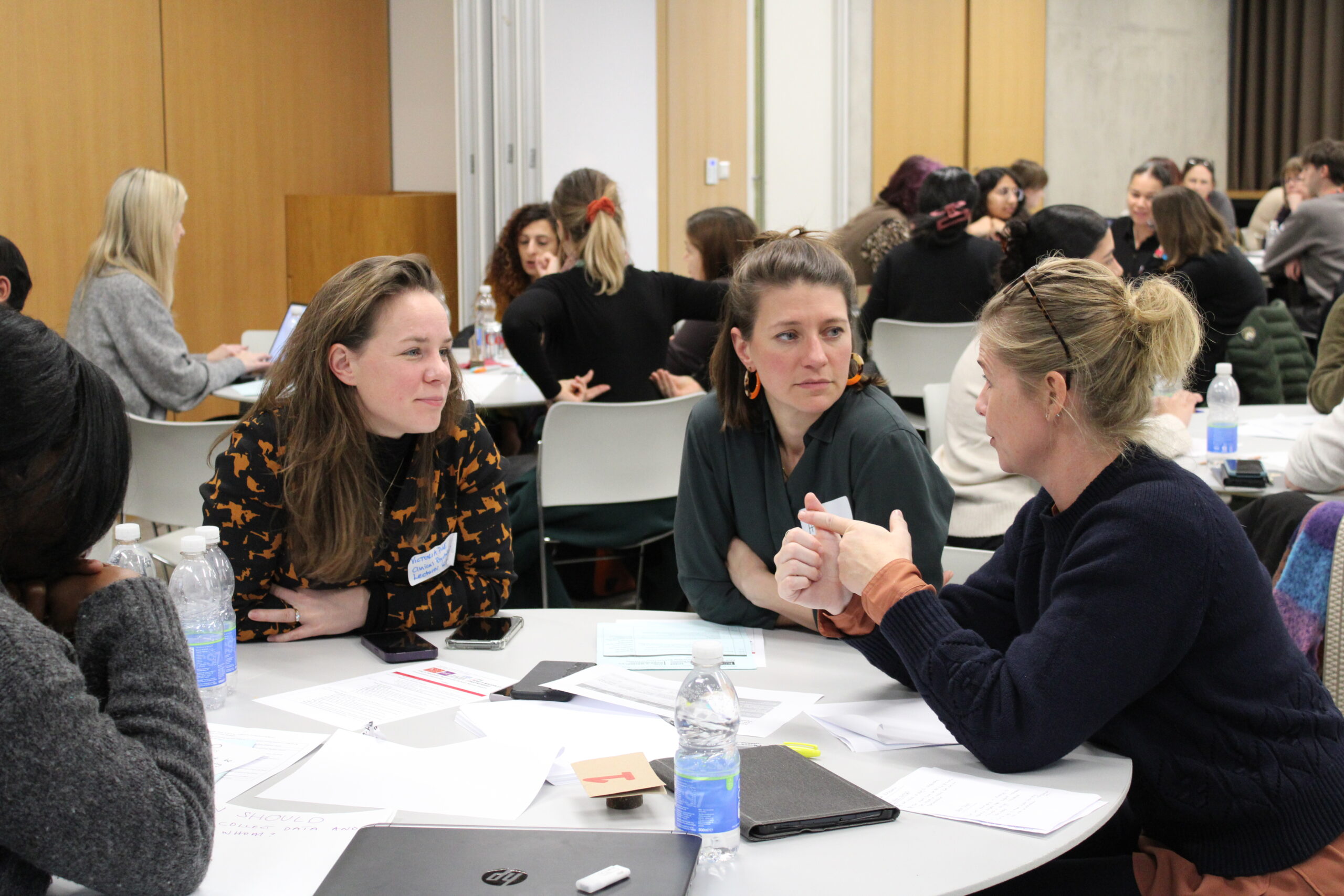
Feedback from the community
Feedback from the workshop was overwhelmingly positive. Many expressed excitement, hope and gratitude for this initiative, highlighting the need for such a network.
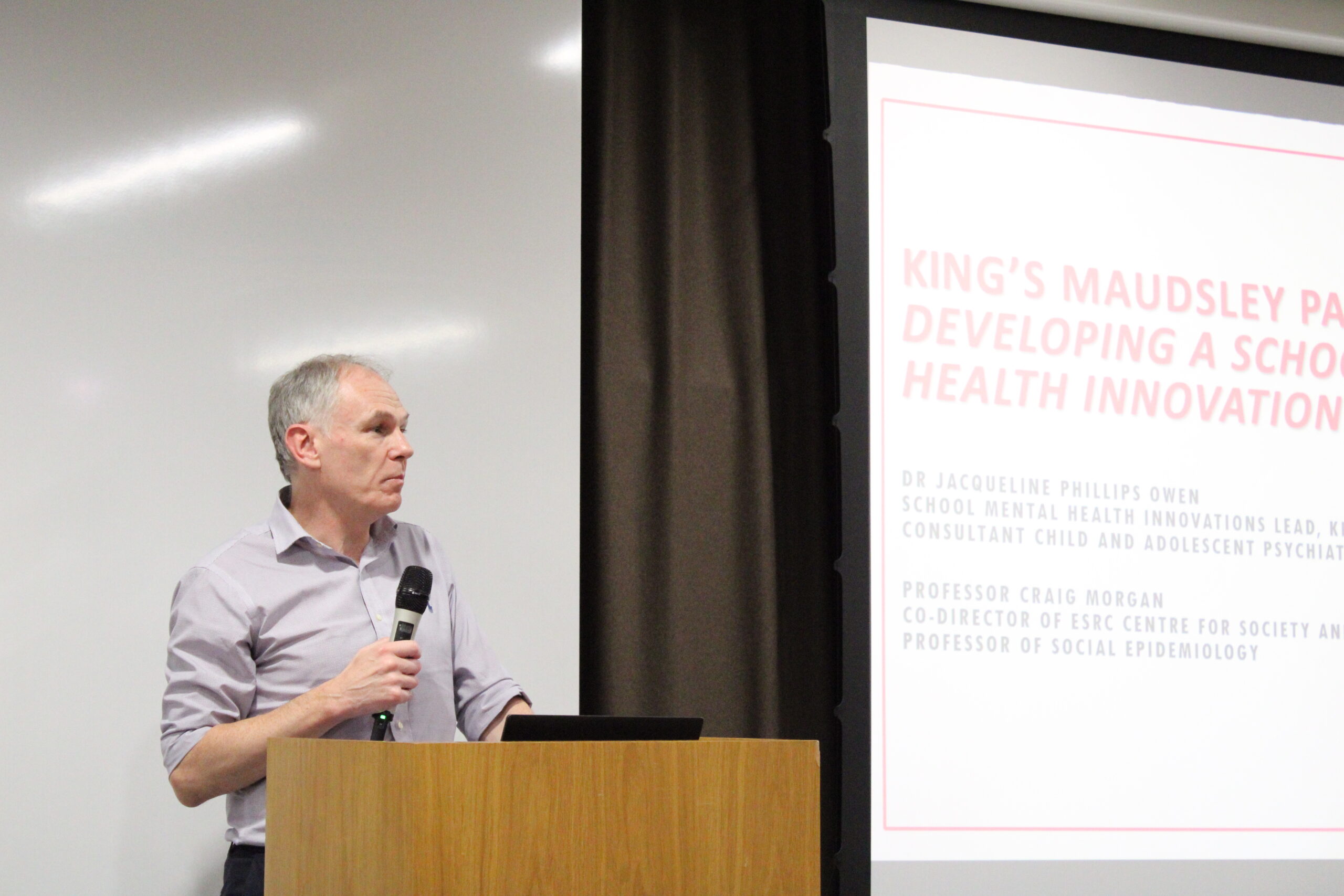
Looking towards the future
The SMHIN team, led by Dr Jacqueline Phillips Owen and Professor Craig Morgan, is committed to building on the momentum of this inaugural workshop. Future events will go deeper into specific challenges and expand opportunities for schools to collaborate with researchers and clinicians.
In fostering these collaborations, the SMHIN brings to life the missions of the King’s Maudsley Partnership and the ESRC Centre for Society and Mental Health, as it allows leading researchers, specialist clinicians and school communities to work together, combining their knowledge and expertise to improve the mental health and wellbeing support that’s accessible to young people across London.
Get in touch!
If you have any questions and/or would like to join the SMHIN, please email us at mecs@slam.nhs.uk and a member of our team will get in contact with you.
Categories
Follow Us
For the latest updates and news, follow us on our social channels.



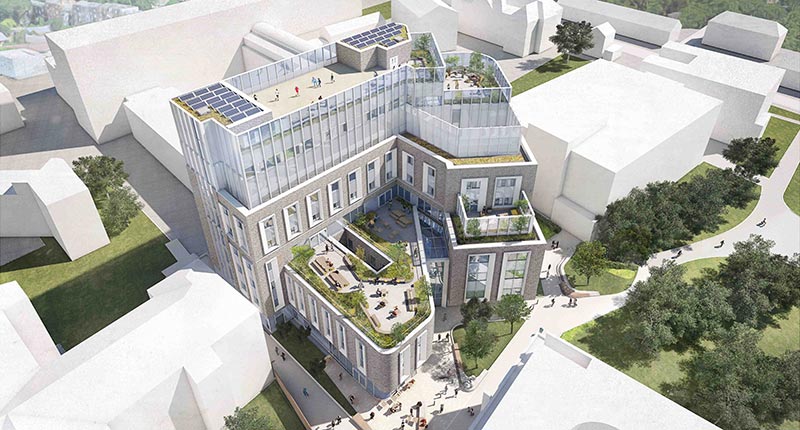
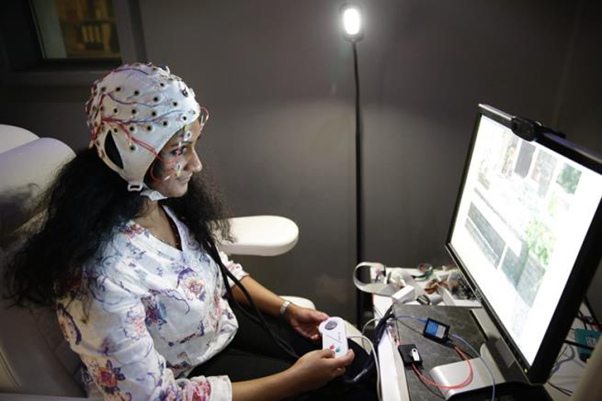
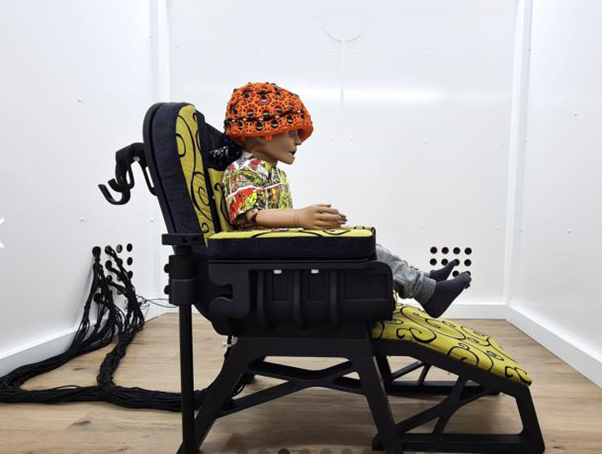
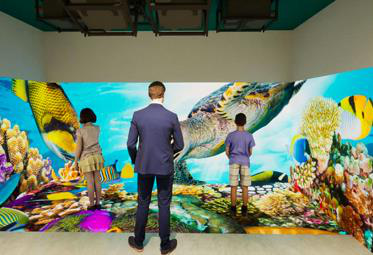
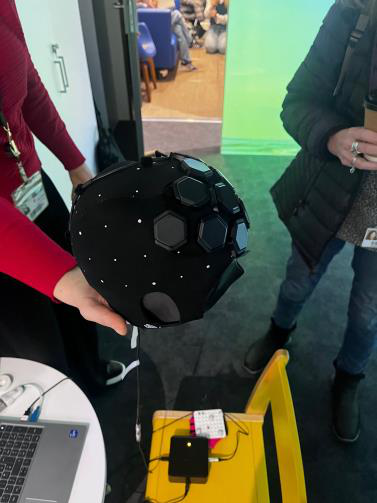
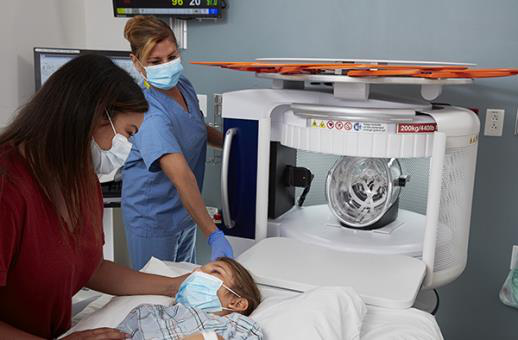
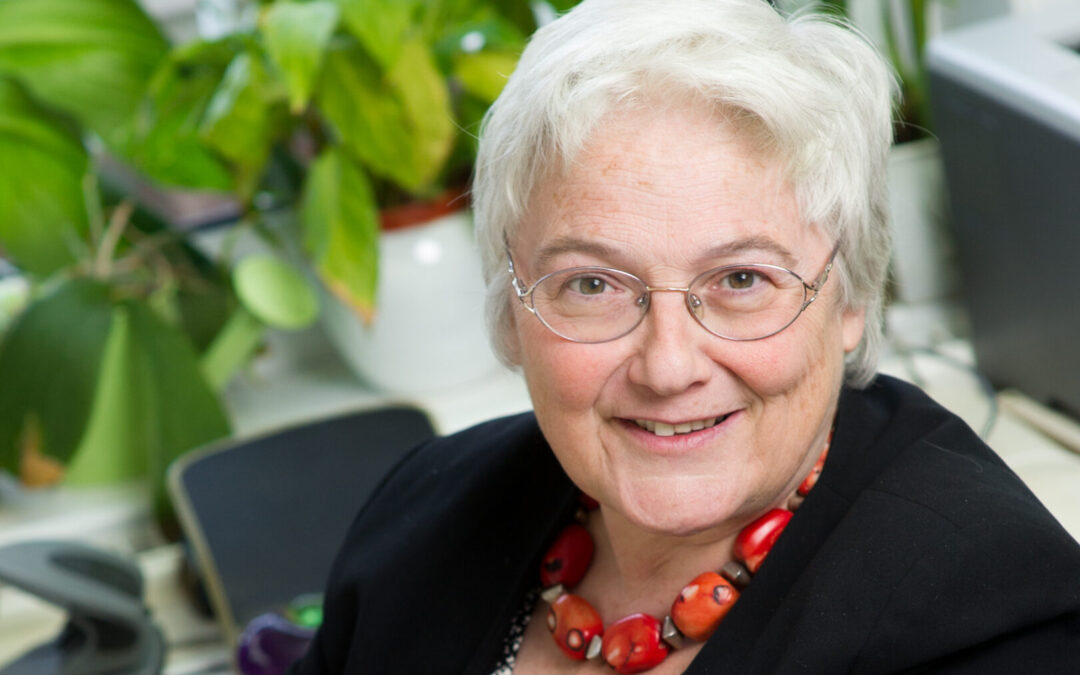
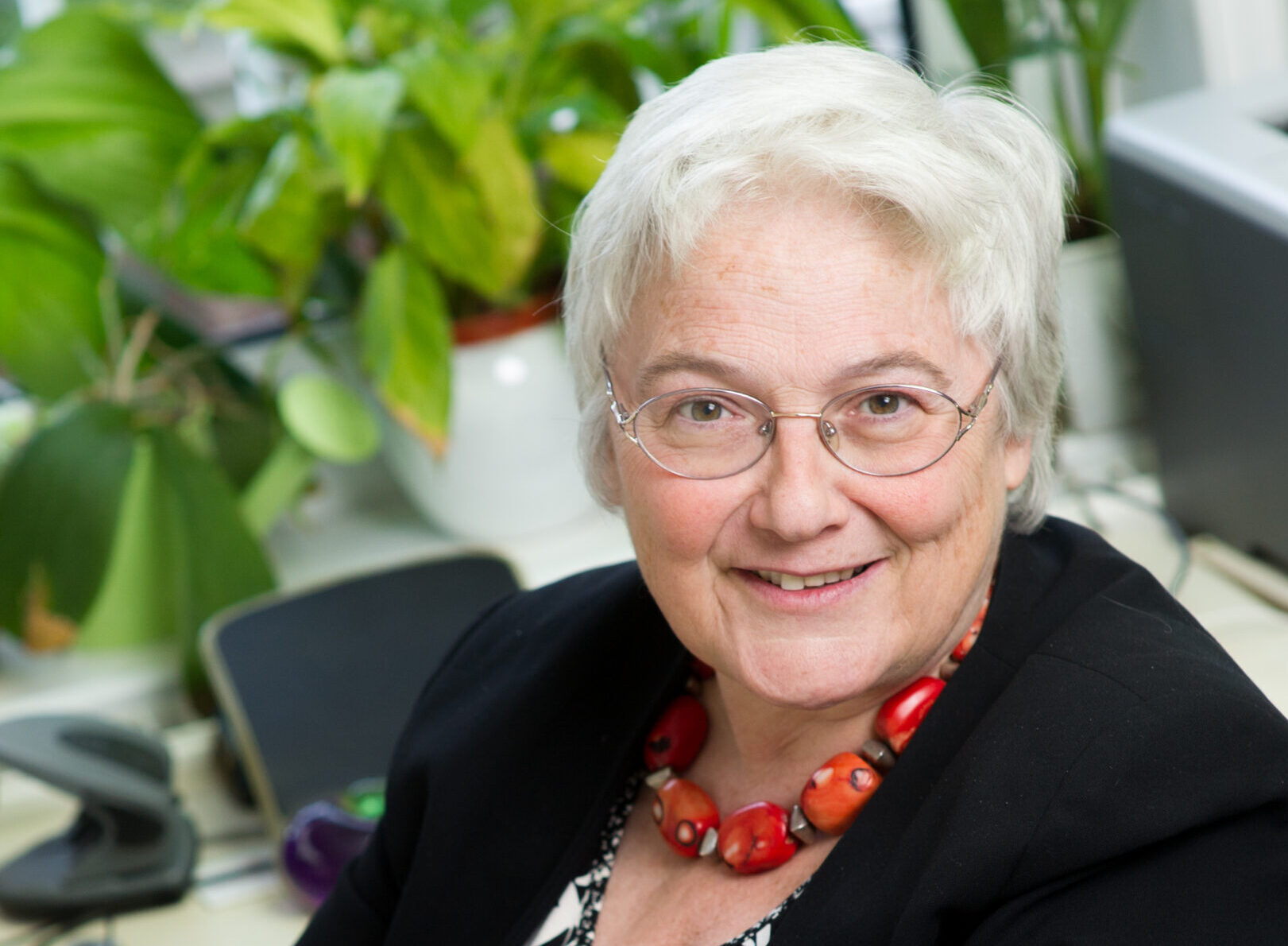
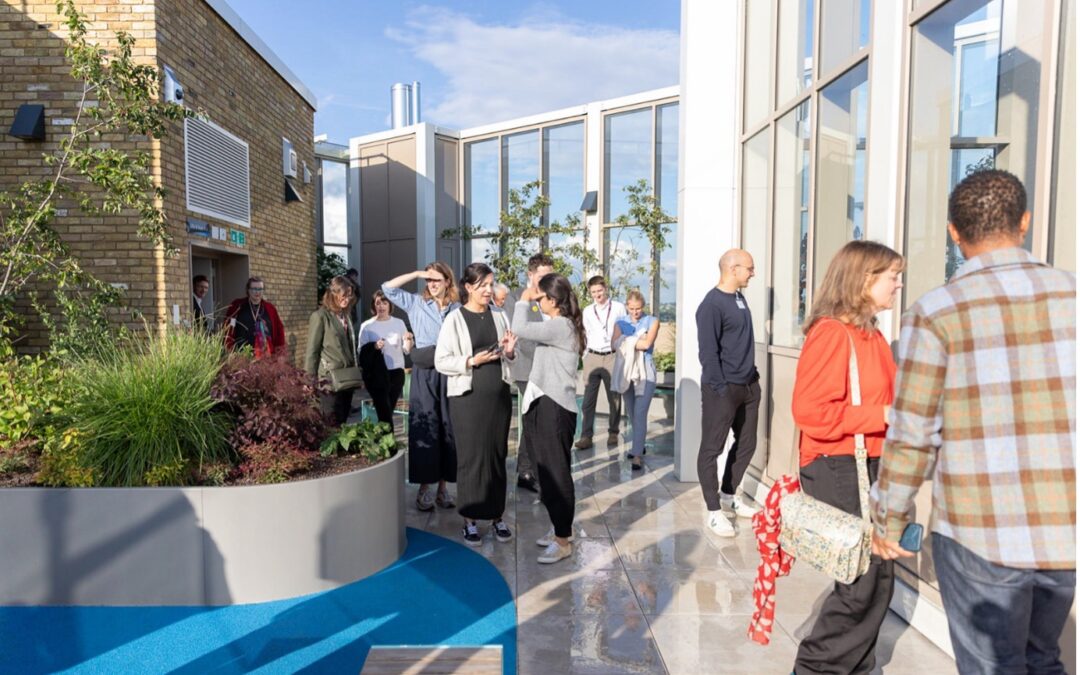

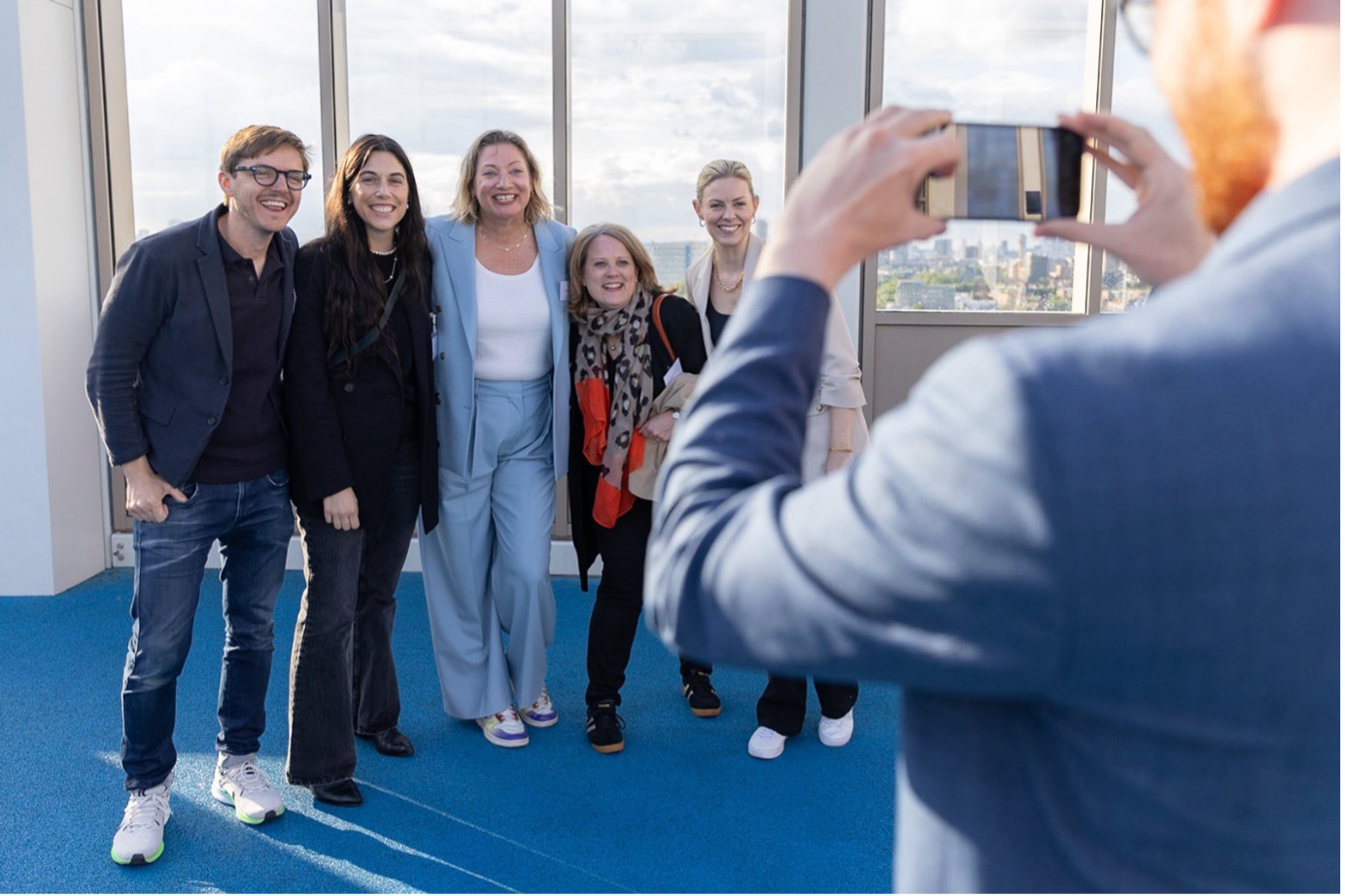
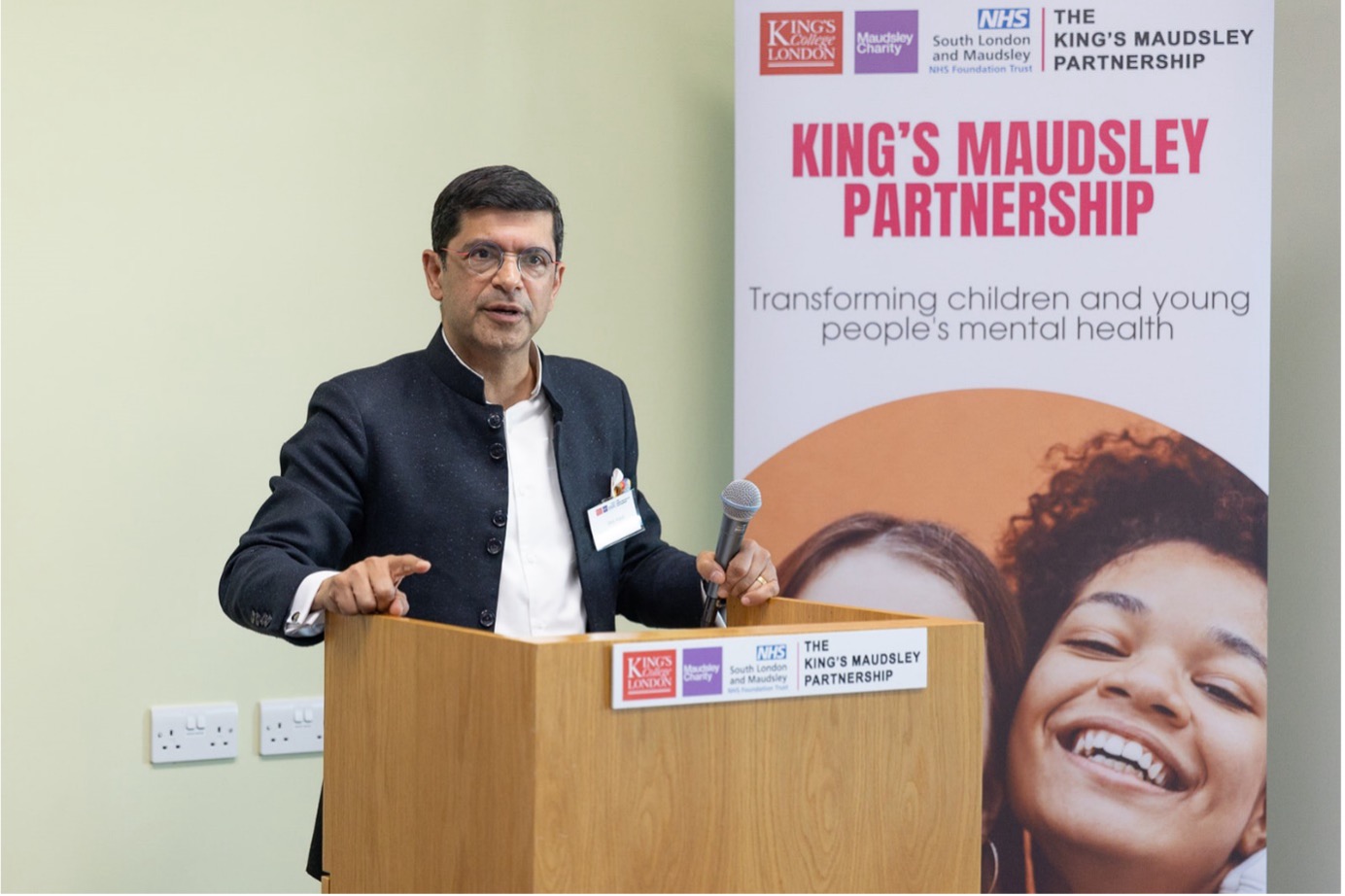
Recent Comments